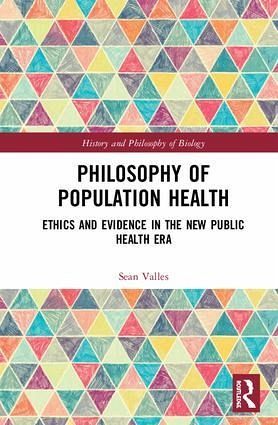
Philosophy of Population Health
Philosophy for a New Public Health Era
Versandkostenfrei!
Versandfertig in 1-2 Wochen
167,99 €
inkl. MwSt.
Weitere Ausgaben:

PAYBACK Punkte
84 °P sammeln!
Blending philosophy of science/medicine, public health ethics and history, Philosophy of Population Health offers a framework that explains, analyses and largely endorses the features that define this relatively new field.













